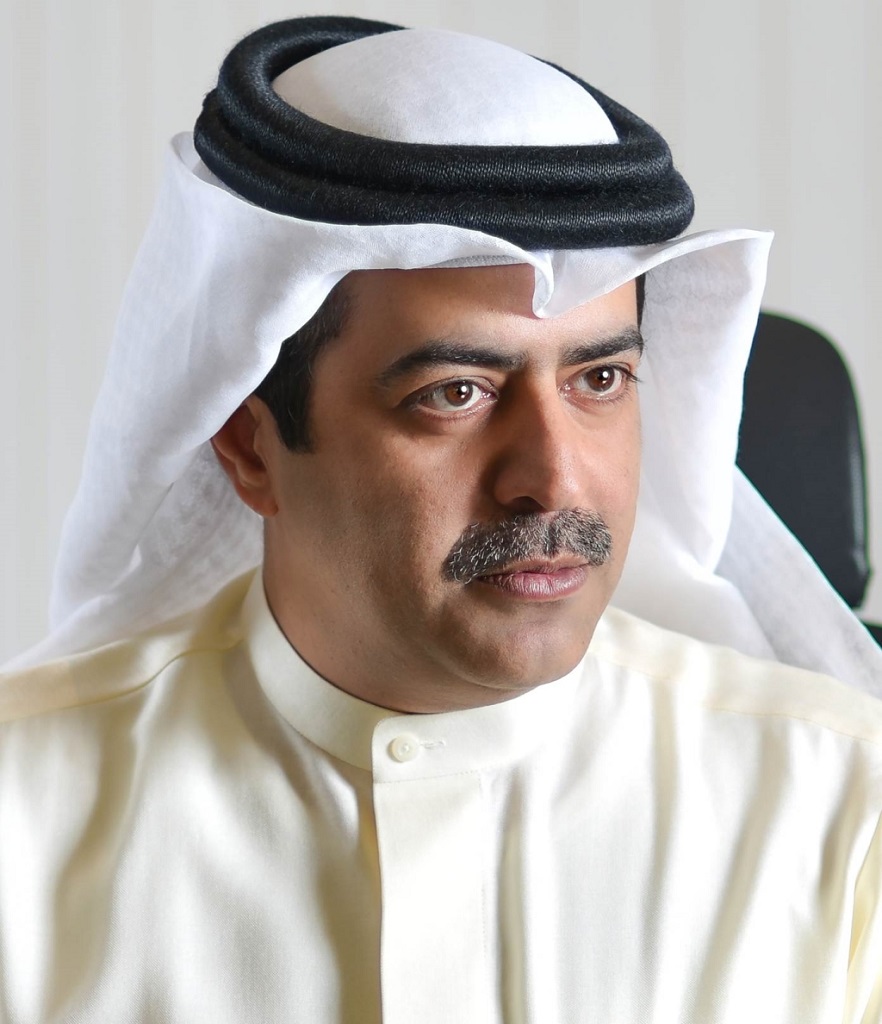VICTIMS of human trafficking in Bahrain will receive monthly allowances as part of a government initiative, it was revealed. However, the Victims Assistance Fund will only assist those whose cases are in the court.
This is the first time in the Middle East and North Africa (MENA) region that a government has set up such a fund. Approved by the Cabinet on April 30, the fund will cover the costs of essential services for victims, such as temporary allowances to serve as financial protection schemes in-between court proceedings.
It also provides a grant that victims of trafficking may use for reintegration in their country of origin or to support their re-employment in Bahrain. Two trafficking victims have already benefited from the fund, according to a report.
“The fund is a best practice that is designed globally to help victims,” National Committee to Combat Trafficking in Persons chairman Ausamah Al Absi told the GDN yesterday. “It’s not compensation but reintegration assistance exclusively for those who are designated as a trafficking victim by a judge.
“The judge would need the victim to be in Bahrain as part of the court proceedings, with a monthly allowance being provided.”The temporary allowance will be stopped once the judge or the public prosecutor decides that the victim’s presence is not required.
“The fund is active and we have helped victims find jobs in Bahrain to help restart their lives. “We are going to hit multiple birds with one stone because we are helping the victims, speeding up the judicial process and providing incentive to victims. “This process will encourage victims to testify in court and eventually help the trafficker to be held accountable.” In the past three years, Mr Al Absi said, 500 people have benefited from more than 25 training courses on human trafficking.
“This is a cross-border crime that is not specific to Bahrain but globally governments are fighting against it. “The international trend is that majority of the traffickers belong to the same nationality as the victims.“On the other hand, trafficking victims are shunned when they return home.” Mr Al Absi said in most cases the victims return home and become traffickers.
“We are breaking this chain by providing them with a financial incentive and an opportunity to reintegrate in society. “Bahrain is in a much better position now to deal with trafficking cases because we have a 360-degree approach to combat trafficking as there is a shelter, a hotline and a national referral system.” Meanwhile, the UN Migration Agency, International Organisation for Migration (IOM), said that two victims of trafficking have already benefited from the fund.
“Bahrain has played a proactive role and has raised the bar for the standards of victim protection in the region,” said IOM Bahrain officer in charge Mohamed El Zarkani. “The judicial process usually takes time and a monthly allowance to victims will strengthen prosecution.” The IOM provides technical assistance to the government, said Mr El Zarkani.
“This partnership allows us to share best practices of victim assistance funds from other regions and explore together how they can be best applied in Bahrain’s context.” He said the general perception when it comes to trafficking is sex trafficking involving women but men were also affected.
The GDN previously reported that Bahrain’s police investigated 29 potential human trafficking cases between April 2016 and March last year, according to latest US State Department report on Trafficking in Persons.
Five of these cases related to forced labour, 19 were about sexual exploitation and five involved domestic workers. The report said Bahrain’s Interior Ministry probed 29 potential trafficking cases compared with 18 in the corresponding period for the previous reporting cycle.

